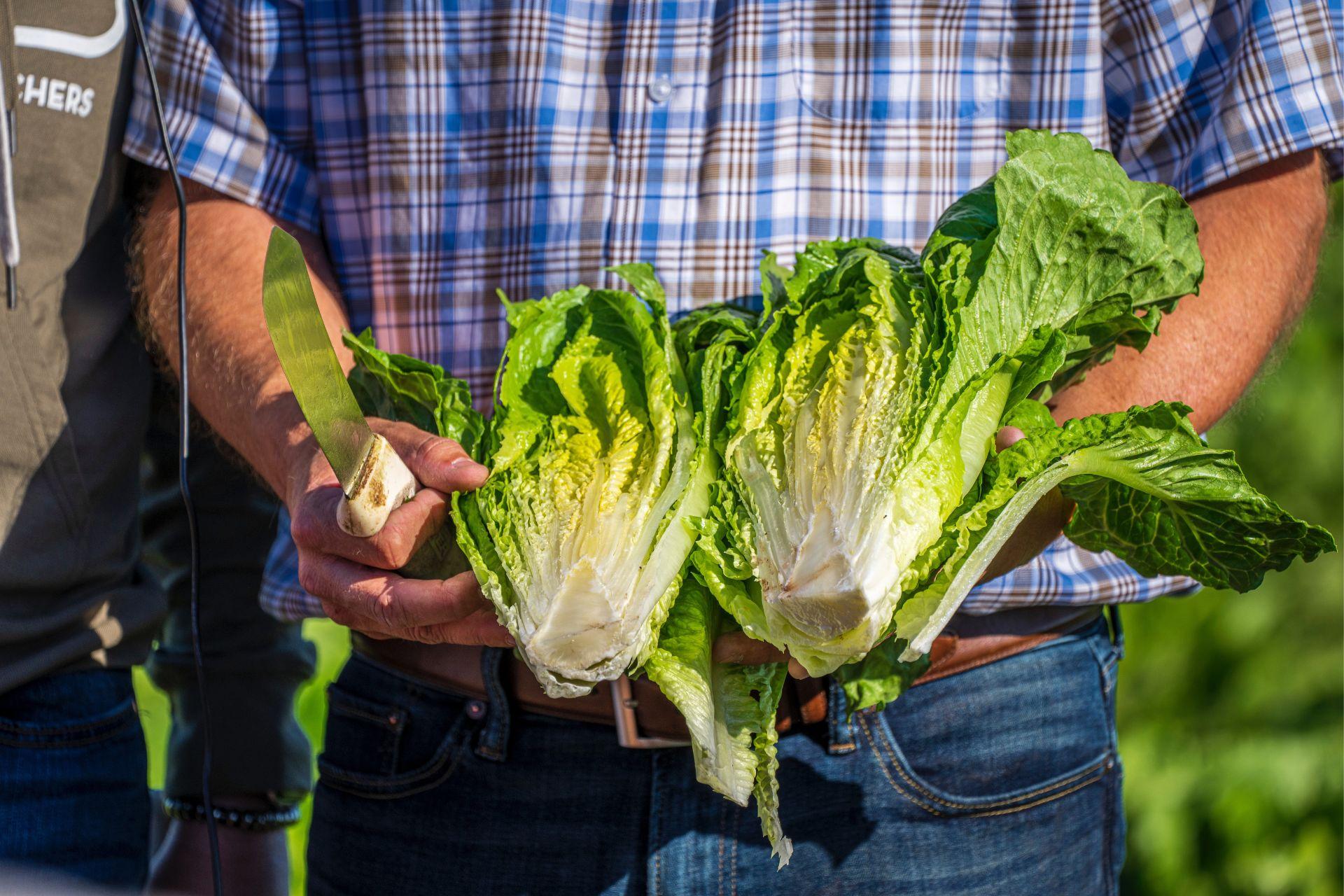
NATURAL farming, ZERO residue. A utopia?
Two concepts emerge strongly in the vast landscape of sustainable agriculture: zero-residue farming and natural farming. In this article, we discuss the production of food labelled 'zero residue', 'organic' and 'natural' agriculture, departing from common beliefs and shedding light on the need to raise consumer and farmer awareness. In particular, we focus on the issue of pollutants and how to deal with them.
What is Zero Residue Agriculture
Zero residue farming would represent a more sustainable perspective in food production, aiming to minimise chemical residues in agricultural products, which according to organic regulations must be less than or equal to 0.01 mg/kg. By law, in fact, it is the cultivation method that refers and the multi-residual analyses that validate the limit. Otherwise, zero-residue farming turns out to be just a market gimmick (aimed at the green consumer looking for the green producer) and not at all a cultivation method that excludes the use of synthetic chemicals. Zero-residue farming is a way of clearing customs on the use of plant protection products and various agricultural products that in any case burden human health and the environment and actually further disorientates the consumer.
What is Natural Farming
Natural farming is said to be an approach to agriculture inspired by the 'wisdom' of nature itself, aimed at promoting cultivation based on natural principles, minimising human interference. No pruning, fertilising, or ploughing, in short, the agriculture of doing nothing. Put like that, it would sound more like leaving the land alone.
Many arrogate to themselves the right to this pure utopia, through practices, rights and even teachings where natural is set against industrial, spirit and sentiment against action. They say that everything must proceed according to nature even though they know very little about Nature. Let us not mention the aforementioned natural and pristine territories (more than a utopia, a deception) and let us gloss over the fantasy of microorganisms extracted from Japanese clay. Stories of founders pop up when they are already dead and methods are proposed that are unthinkable in our time. How is it possible to bring up Nature in a world that is super-polluted and in the midst of war?
Why not be confused with the Organic Method?
Therefore, Zero Residue Farming and Natural Farming have nothing to do with the organic farming method, to which zero-residue agricultural and agri-food plant products refer. It must be said, however, that even the organic farming method does not guarantee genuine agriculture since it does not take into account the 80 years of pollutants introduced into the environment.
The issue of pollutants
To talk about Natural Agriculture and Zero Residue, it is necessary to raise the issue of pollutants. An in-depth analysis is needed to highlight the urgency of a conscious and proactive approach to managing pollutants in agriculture, focusing on BioAksxter® formulations, solutions that are truly sustainable because they preserve the integrity of the environment and the quality of agricultural products. In short, to achieve true zero residue.

Starting from the physicist Lavoisier's postulate 'nothing is created, nothing is destroyed, everything is transformed', which also applies to directly introduced agricultural pollutants (e.g. crop treatments with various active ingredients) and indirect agricultural pollutants (e.g. water and air contamination), it is worth recalling the harmful effects of the open-loop molecules that characterise them:
- interaction, dissociation, and recombination of increasingly dangerous substances in environmental matrices with unpredictable toxicological effects
- modification of metabolic processes in living organisms
- resistance phenomena of pathogens and new diseases
At this point, how can we grow and be sure of eating 'zero residue' fruit and vegetables? The answer is one: you must depollute.
Through the advanced BioAksxter® formulations, it is possible to cultivate by depolluting. It is possible to close the circuit of contaminating molecules released into the environment, bringing crops and soil back into balance by removing chemical residues and pollutants of various kinds from soil, plants, and fruit.
The true zero residue
Everything comes back: from the earth to the sky, from the sky to the earth, pollutants also pass inexorably from our plates. The natural water cycle is the way for pollutants to circulate, and we cannot believe that organic agricultural products and organic food in general are free of them.
Organic farming should indeed guarantee this, just as a controlled supply chain should not reduce itself to claims such as residues 70% below legal limits. In short, BioAksxter® technology should not remain a covert contest between powers, but actually become a safeguard for agriculture, human health and the environment, which is why it was created.
Consumer choice and agricultural sustainability
When we buy fruit and vegetables, it is always good to distinguish by what method they have been grown, however, more awareness, information and demand is needed from below, i.e. from the consumer himself, which is the best way to accelerate the necessary change.
Above all, farmers, whose only interest is usually to sell their products, should make more conscious choices instead of being accomplices (or dominated by) the agro-industry, showing themselves willing not to clash with their huge interests that make food only a commodity to be bought at the lowest possible price, reducing the world to zero instead of zero residues.